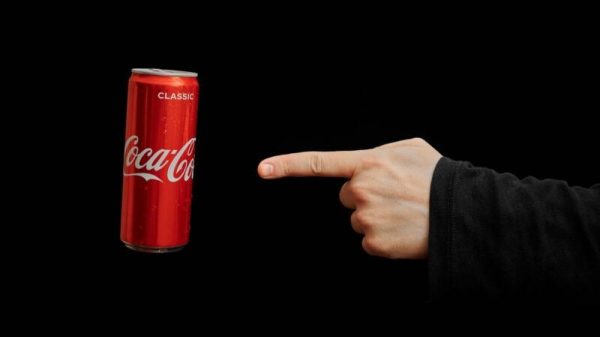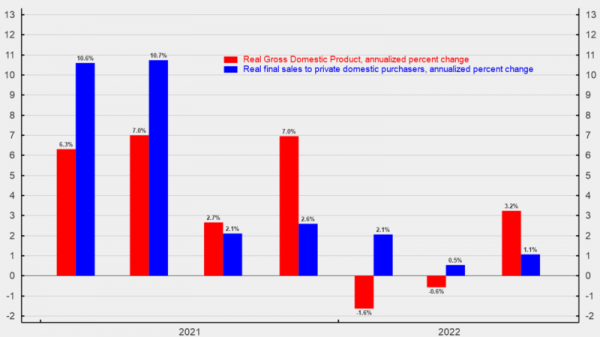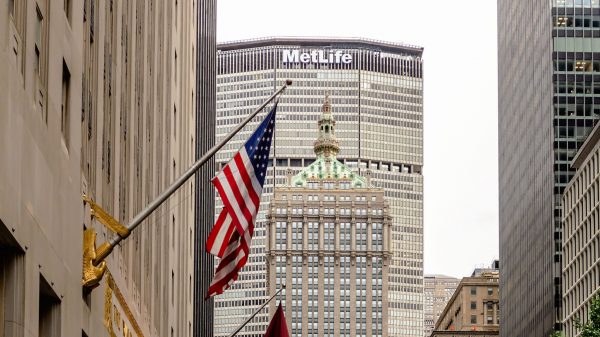Department of Agriculture Secretary Brooke Rollins said during a Make America Healthy Again (MAHA) event Thursday that the Trump administration is making history with its approval of numerous waivers that will eliminate junk food from food stamp programs.
Rollins was in Nebraska on Monday to sign the first alongside Republican Gov. Jim Pillen. She has also signed a waiver for Indiana and Iowa, ‘with half-a-dozen more coming down the line,’ she said.
‘We are on track to sign multiples of snap waivers to get junk food and sugary drinks out of our food stamp system,’ Rollins said at the Thursday afternoon event, centering around the release of a 69-page report from the Trump administration’s MAHA Commission on how to effect change around childhood chronic disease.
‘That has never happened before under Republican or Democrat administrations,’ Rollins added. ‘We have never made that happen before. So I am so proud and so grateful.’
On average, 42 million low-income Americans receive food stamp assistance each month, according to the MAHA report released at Thursday’s event. It added that 1 in 5 American children under 17 receive SNAP benefits.
With Nebraska’s waiver, it became the first state in the nation to bar recipients of federal food stamp programs from using the money to buy junk food, soda and other high-sugar items. The exemption will begin as a two-year pilot program, local media reported.
Other GOP-led states, including Texas and West Virginia, have applied for this waiver.
‘SNAP was created to increase access to nutritious food; however, many SNAP purchases are for food with little to no nutritious value,’ Texas GOP Governor Greg Abbott wrote in a letter to Rollins requesting a waiver last week.
‘Under the Trump administration, for the first time since the program was authorized, states can take steps to eliminate the opportunity to buy junk food with SNAP benefits and assure that taxpayer dollars are used only to purchase healthy, nutritious food.’
West Virginia’s Governor Patrick Morrisey, one of the leaders requesting a waiver, has also been spearheading other MAHA efforts in his state. In March, Morrisey signed House Bill 2354 into law, which made it the first state in the nation to begin prohibiting certain synthetic dyes and additives used in food items sold in the state.

























